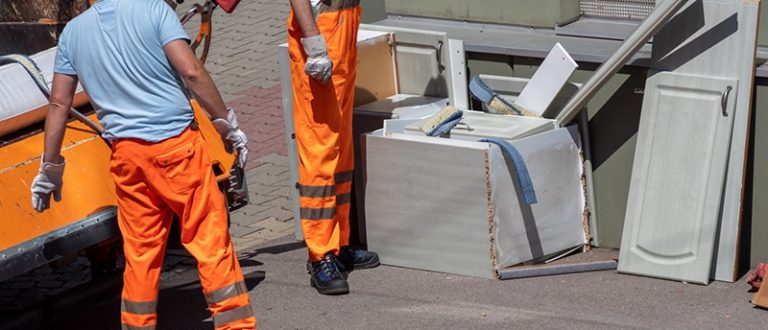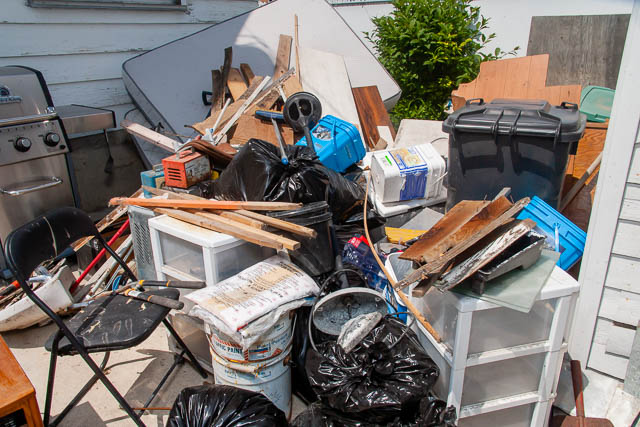From old furniture and appliances to unwanted electronics and household waste, the impact of excess junk on our environment cannot be underestimated. Junk removal is more than just a means to declutter our homes; it is crucial in promoting environmental sustainability and creating cleaner communities.
Environmental Impact
Improper junk removal can lead to significant environmental harm. Many discarded items, especially electronics and hazardous materials, contain substances that can leach into the soil and water supply, causing pollution. For example, old batteries and electronics often contain heavy metals like lead and mercury, which can contaminate groundwater and affect wildlife. We prevent such environmental risks by responsibly removing and disposing of these items.
The Benefits of Professional Junk Removal Services
Professional junk removal services offer an organized, eco-friendly solution to managing excess waste. These services are equipped to handle a wide range of materials, from bulky furniture to sensitive electronic waste. They often work with recycling centers and donation organizations to ensure that items are repurposed or disposed of in an environmentally responsible manner. This reduces the amount of waste that ends up in landfills, contributing to a reduction in greenhouse gas emissions and conserving natural resources.
Recycling and Donation Opportunities
A significant advantage of junk removal is the potential for recycling and donation. Many items that people consider junk still have useful life. For example, old furniture can be refurbished and donated to charities, while electronics can be recycled to recover valuable materials. Professional junk removal services typically sort through items to identify those that can be salvaged or recycled, thereby extending the lifecycle of products and reducing overall waste.
Encouraging Sustainable Practices
Regular junk removal promotes a cleaner and more organized living space, which can lead to increased awareness and commitment to sustainable practices. When people see the tangible benefits of a clutter-free environment, they are more likely to adopt habits that support environmental conservation. This might include reducing waste generation, recycling more, or supporting eco-friendly products and services.
Embracing these practices not only enhances the quality of our immediate surroundings but also contributes to the well-being of our planet.








